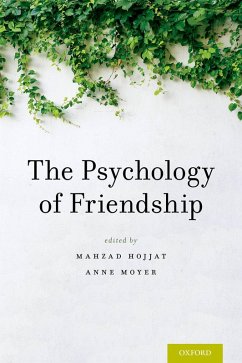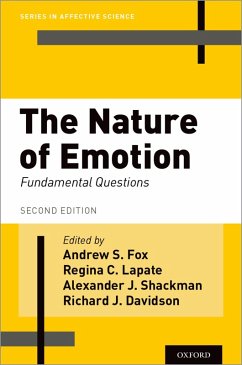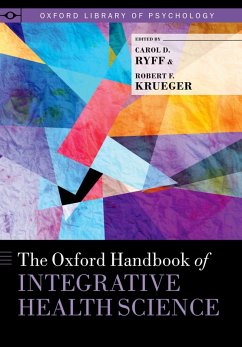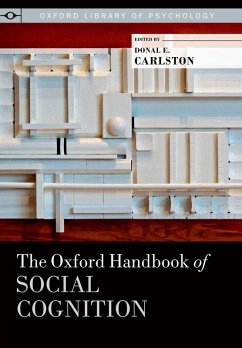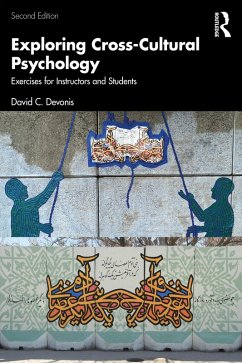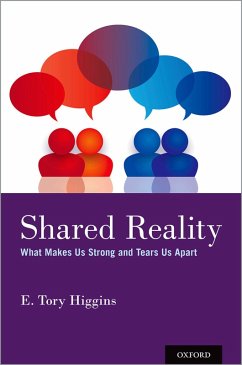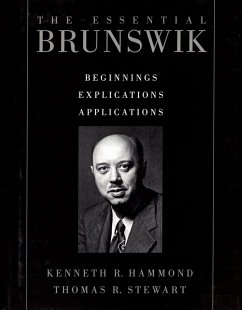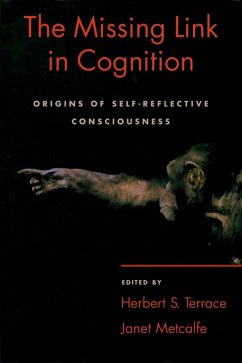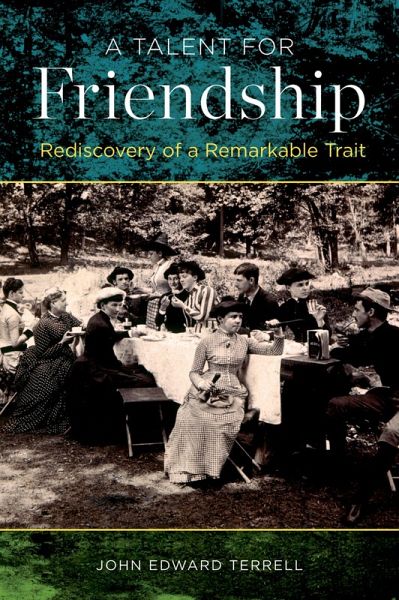
A Talent for Friendship (eBook, PDF)
Rediscovery of a Remarkable Trait

PAYBACK Punkte
6 °P sammeln!
This lively, provocative text presents a new way to understand friendship. Professor John Terrell argues that the ability to make friends is an evolved human trait not unlike our ability to walk upright on two legs or our capacity for speech and complex abstract reasoning. Terrell charts how this trait has evolved by investigating two unique functions of the human brain: the ability to remake the outside world to suit our collective needs, and our capacity to escape into our own inner thoughts and imagine how things might and ought to be. The text is richly illustrated and written in an engagi...
This lively, provocative text presents a new way to understand friendship. Professor John Terrell argues that the ability to make friends is an evolved human trait not unlike our ability to walk upright on two legs or our capacity for speech and complex abstract reasoning. Terrell charts how this trait has evolved by investigating two unique functions of the human brain: the ability to remake the outside world to suit our collective needs, and our capacity to escape into our own inner thoughts and imagine how things might and ought to be. The text is richly illustrated and written in an engaging style, and will appeal to students, scholars, and general readers interested in anthropology, evolutionary and cognitive science, and psychology more broadly.
Dieser Download kann aus rechtlichen Gründen nur mit Rechnungsadresse in A, B, BG, CY, CZ, D, DK, EW, E, FIN, F, GR, HR, H, IRL, I, LT, L, LR, M, NL, PL, P, R, S, SLO, SK ausgeliefert werden.




